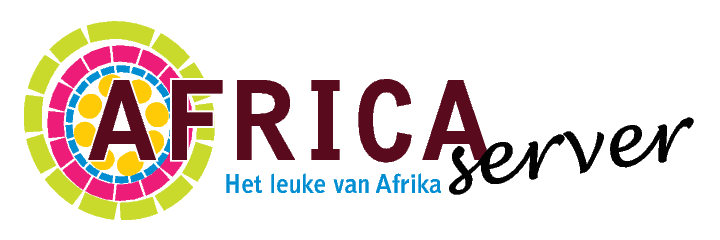Agenda 01 - 07 Oktober 2023
Dinsdag 03 Oktober

Promotie: Heterogeniteit van kleinschalige boeren in Ghana
Dinsdag 03 Oktober 2023 13:00 - 14:30
Mw. M. Ataa-Asantewaa promoveert op het proefschrift: 'Uncovering Smallholder Heterogeneity: an Analysis of Diverging Livelihood Trajectories and Outcomes of Engagement in Tree-Crop Value Chains in Ghana'. Promotor is dr. M.A.F. Ros-Tonen. Copromotoren zijn prof. dr. J. Gupta en dr. C.B. de Steenhuijsen Piters.
Woensdag 04 Oktober

Promotie: Hiv-gerelateerde immuundysregulatie tijdens antiretrovirale therapie in sub-sahara-Afrika
Woensdag 04 Oktober 2023 10:00 - 11:30
Mw. S. Kroeze promoveert op het proefschrift: 'HIV-Related Immune Dysregulation During Antiretroviral Therapy in Sub-Saharan Africa'. Promotor is prof. dr. T.F. Rinke de Wit. Copromotoren zijn dr. R.L. Hamers en dr. N.A. Kootstra.
Kerngegevens van evenement Hiv-gerelateerde immuundysregulatie tijdens antiretrovirale therapie in sub-sahara-Afrika
Donderdag 05 Oktober

ASCL Seminar: Seeing Development Approaches and Narratives from the African Periphery, 1979-2023
Donderdag 05 Oktober 2023 16:00 - 17:30
This event will be held physically in Leiden. For registrees who cannot travel to Leiden a link to an online platform will be sent one day before the start of the event. This lecture by Prof. Peter Little (Emory University) addresses the litany of different development approaches from the perspectives of marginal populations and geographies in rural Africa. Based on the author’s long-term research in eastern Africa, it uses the dual lenses of pastoralist communities and drylands to demonstrate how large-scale development paradigms interact and, in some cases, are shaped by local social and political dynamics. In doing so, the lecture argues that the periphery can be central to understandings of sustainable development and resilience. Over a period of several decades multiple development paradigms based on shared narratives and assumed understandings have been imposed in these regions both by international donor agencies and African governments, leading to contradictory and often unexpected outcomes. It shows how different interventions are interpreted and often shaped by local agency and politics, resulting in both negative and, in some cases, positive development results. The presentation concludes that in this contemporary period of increased global uncertainty, especially related to climate variability, much can be learned from the experiences of the periphery and its resilient populations and ecologies. Speaker: Prof. Peter Little



